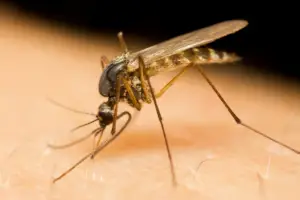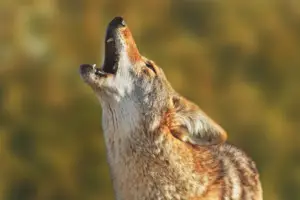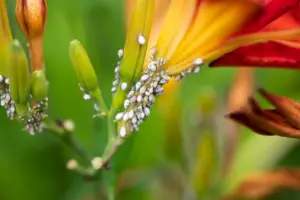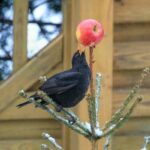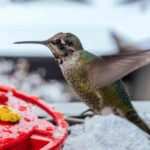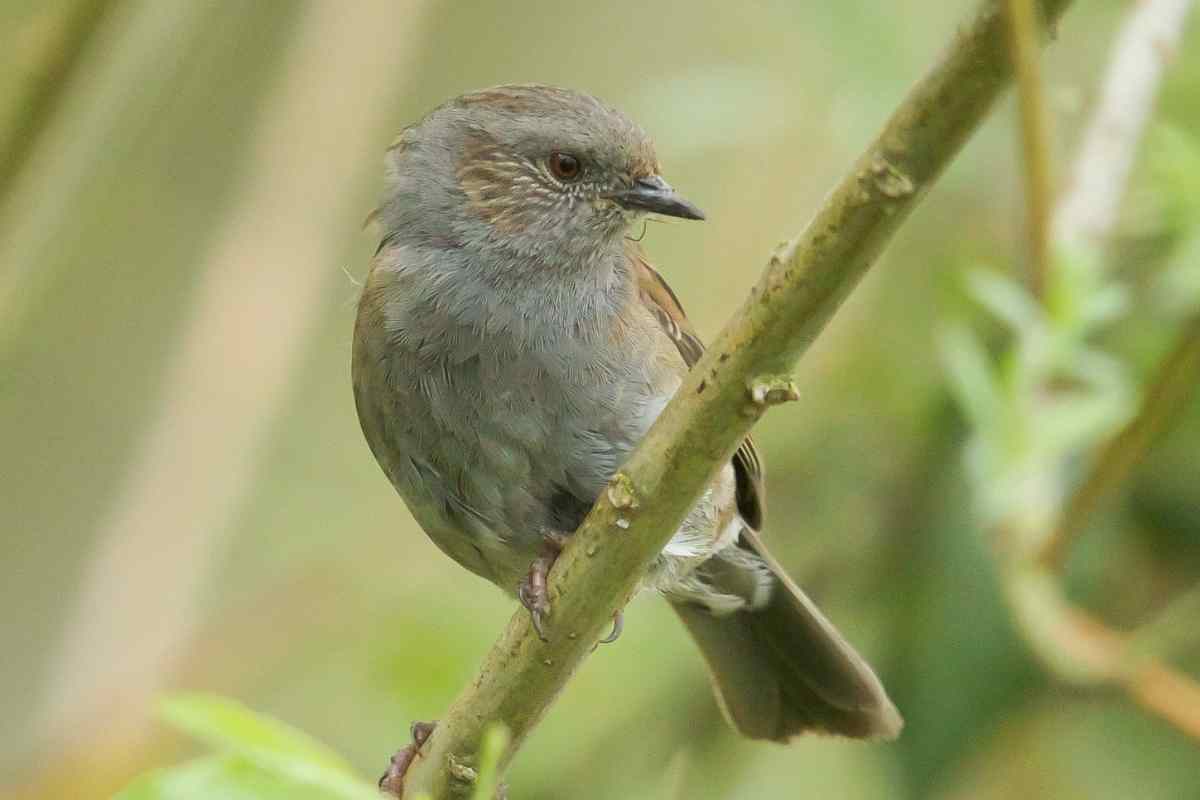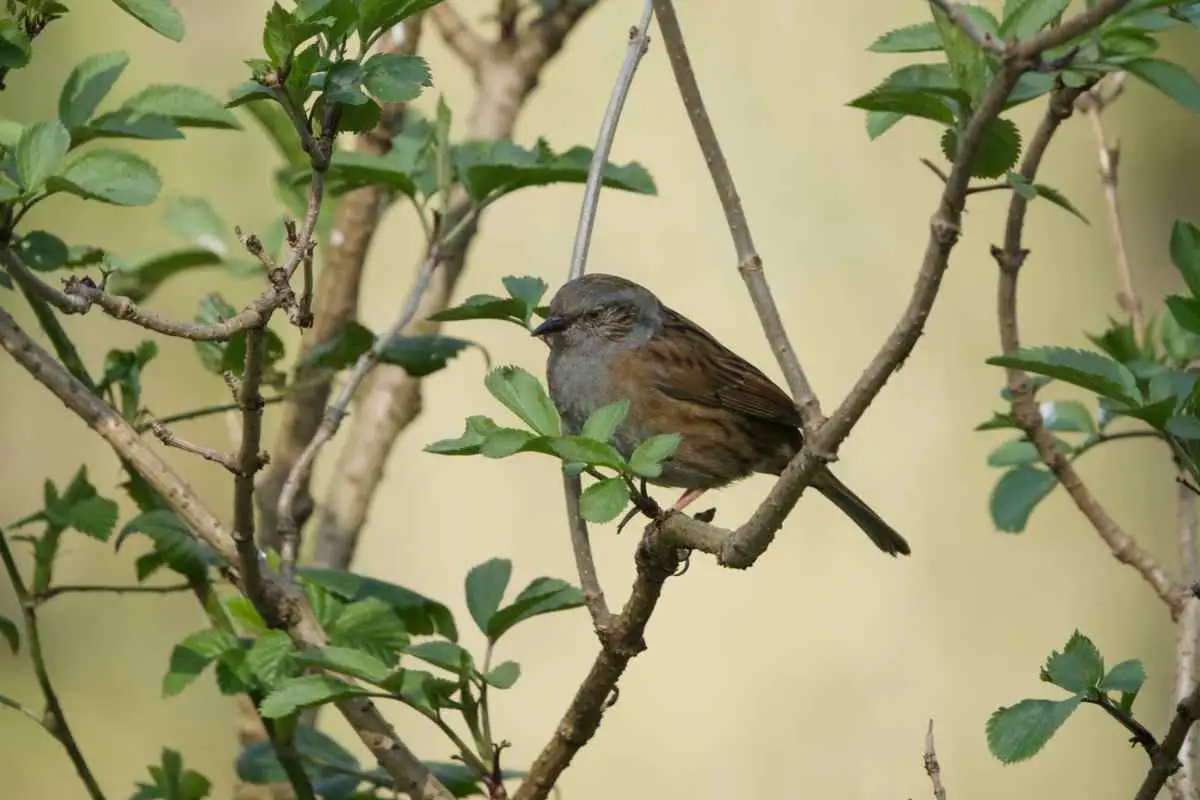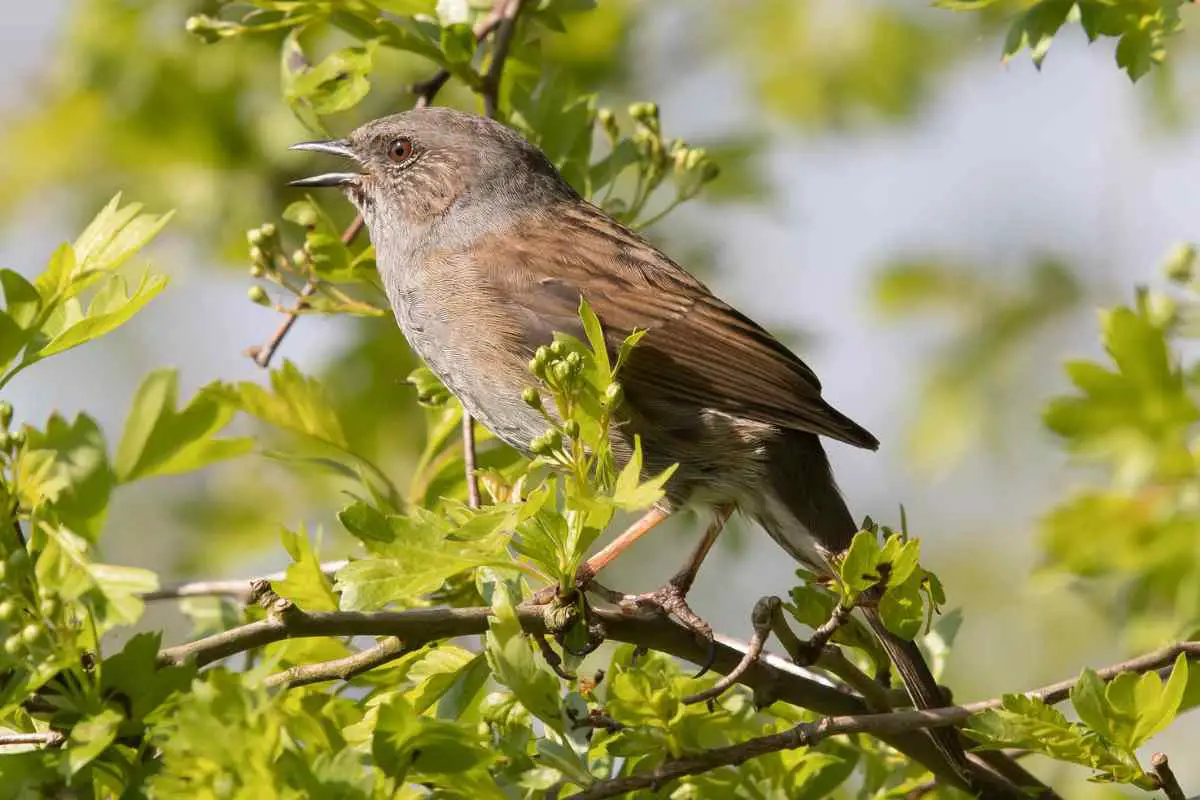What not to feed hummingbirds… store-bought nectar. It contains preservatives and chemicals that the birds shouldn’t eat. You also don’t want to provide them with artificial sweeteners, honey, syrup, molasses, food coloring, raw sugar, or brown sugar.
Essentially, you should only feed hummingbirds plain white sugar boiled in clean water.
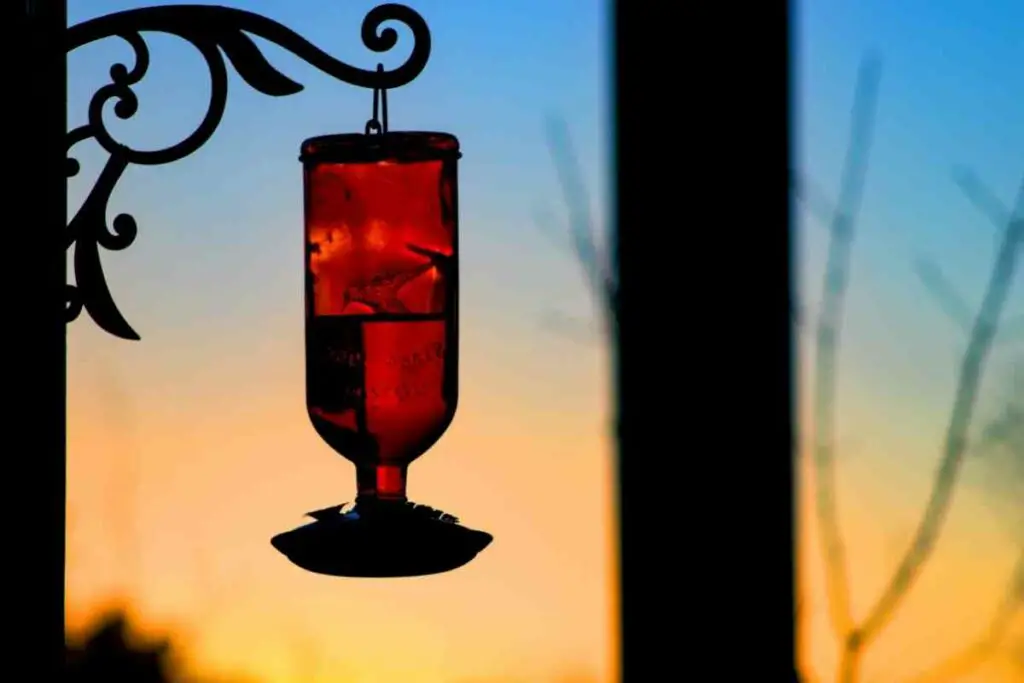
This combination creates nectar that’s safe for the birds to enjoy.
Overall, there’s a lot of food you shouldn’t set out for these tiny birds!
Table of Contents
What Shouldn’t I Feed To Hummingbirds?
There are plenty of different foods that you shouldn’t offer to hummingbirds.
First of all, hummingbirds mostly eat nectar from flowers.
Seeds don’t make up a large amount of their diet, although they may eat small insects from time to time.
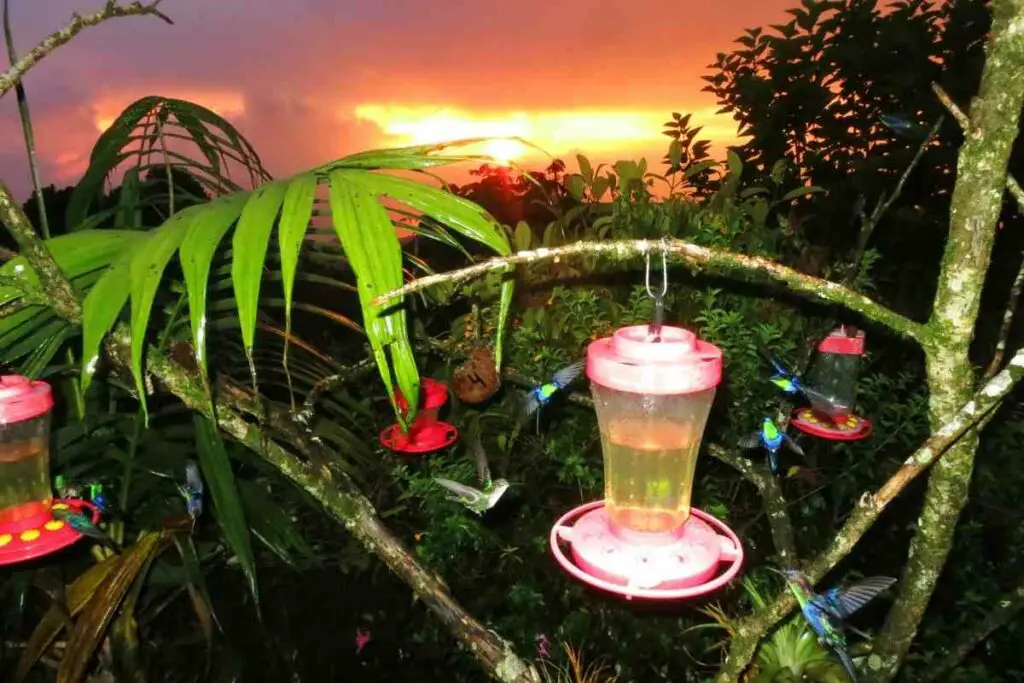
If you want to draw hummingbirds into your yard, you’ll want to provide them with plenty of nectar and water.
From Experience – It’s also essential that you clean and changes the containers regularly. When hummingbirds notice consistent sources of food, they’ll keep returning.
However, you never want to give birds anything that could be harmful to them!
Some foods can cause minor stomach upset, while others can even be fatal to the bird.
Remember, hummingbirds are much smaller than other birds, so they have a different diet.
Here’s all of the food that you should never set out for hummingbirds.
Artificial Sweeteners
While we can safely enjoy artificial sweeteners, hummingbirds don’t process them as we do!
Artificial sweeteners can make the birds sick. Depending on how much they consume, it could be very harmful.
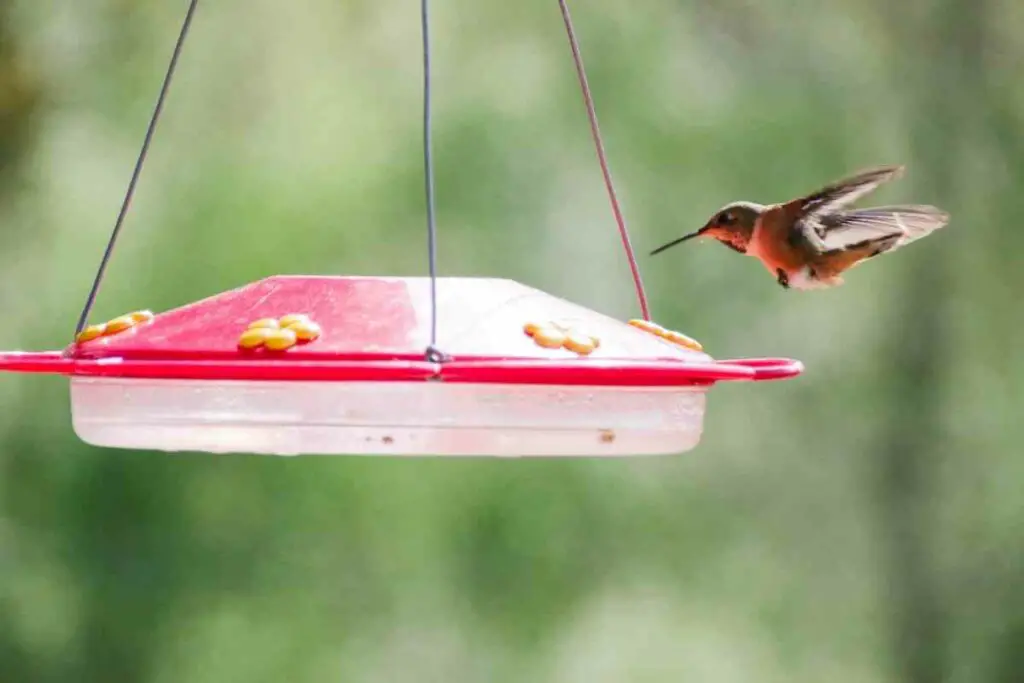
Some popular artificial sweeteners include Splenda or Sweet N Low- make sure to avoid adding them to your hummingbird feeder at all costs!
While these sweeteners can look and taste exactly like sugar, they consist of manufactured ingredients.
It’s much safer for the hummingbirds to use white cane sugar and not a sugar substitute in your nectar.
Honey
Some people mistakenly believe that they can feed hummingbirds honey.
After all, hummingbirds already enjoy nectar- but the two aren’t the same at all!
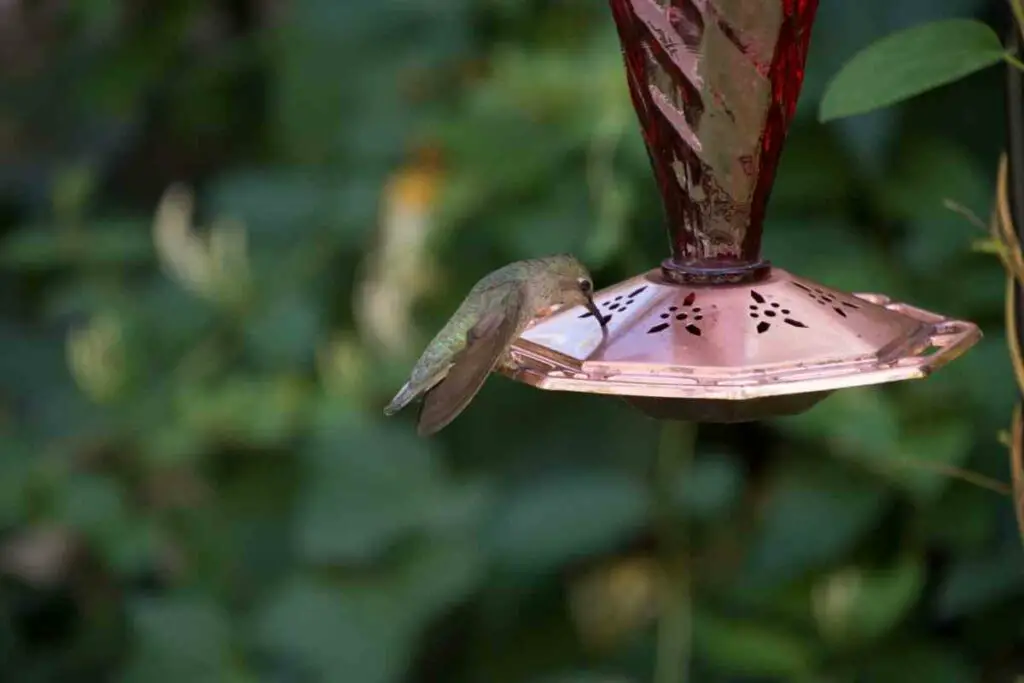
Honey can kill hummingbirds, so adding it to your bird feeder is extremely dangerous for them. Honey is very toxic to them, even if it’s organic and doesn’t contain any additives.
Additionally, you also should avoid giving them honey water.
Even though the food becomes diluted in the water, it’s still unsafe for the birds to drink. Honey water can attract hummingbirds, but it’s not worth their health!
Overall – You should never set out any honey for hummingbirds. Even though these little birds love nectar, they can’t have honey.
Syrup
Any kind of syrup is also hazardous for hummingbirds to eat.
You shouldn’t give them any corn syrup, maple syrup, or other types of syrup.
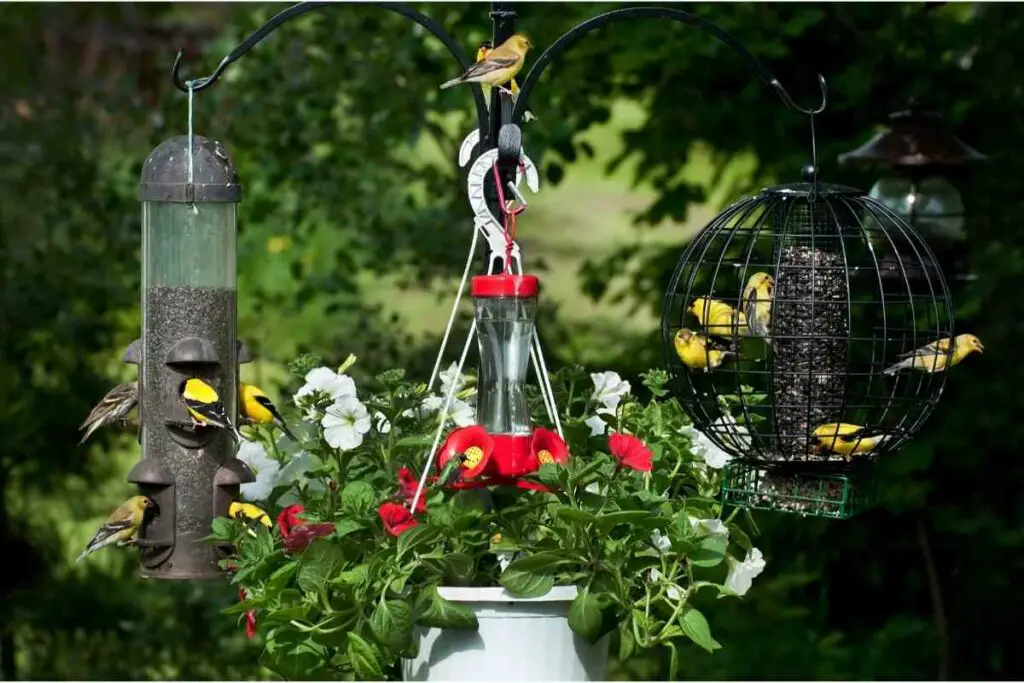
While it’s sweet and likely tastes great to sugar-loving hummingbirds, syrup contains many ingredients that are harmful to them.
Syrup also contains extremely high sugar concentrations- more than homemade nectar would!
The hummingbirds may ingest too much, which would be bad for their health.
In Short – The syrup isn’t good for hummingbirds either. You shouldn’t add it to one of their bird feeders, even if you mix it with water. Most syrups also have too many additives for these small birds to enjoy safely.
Molasses
Molasses isn’t nearly as sweet as sugar or syrup, but many people still wonder if hummingbirds like how it tastes.
This food is not safe for hummingbirds! It contains high amounts of iron, which nectar-eating birds don’t handle well.
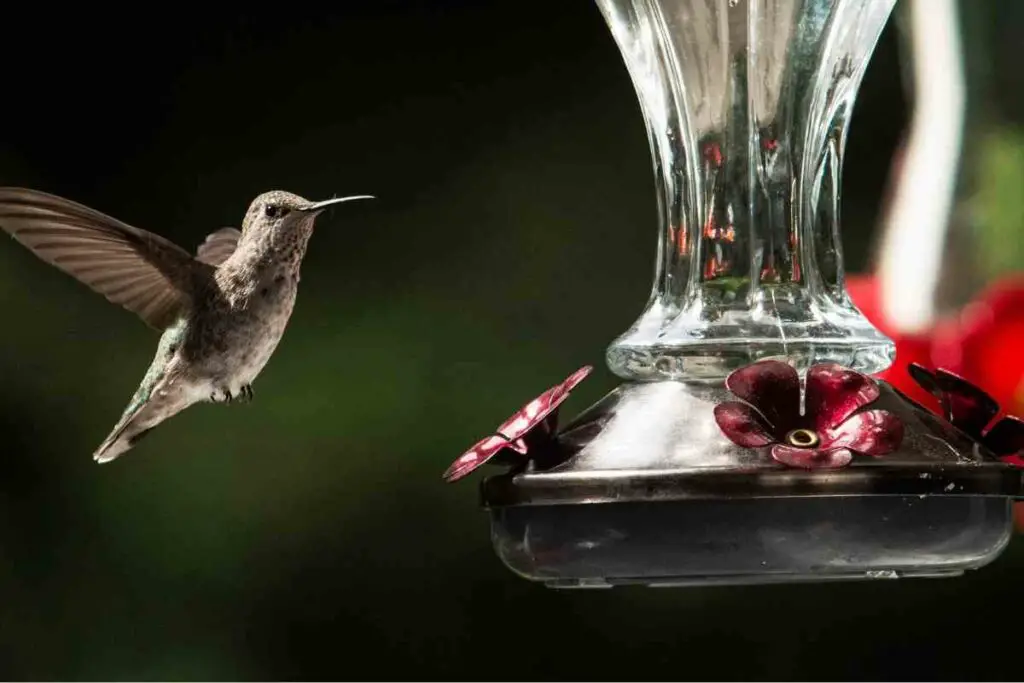
It’s very easy for tiny birds to overdose on iron. High amounts of the mineral lead to toxicosis, which damages their organs.
Sometimes hummingbirds survive organ damage, but too much iron stays in their systems for very long periods.
Key Takeaway: You should never give a hummingbird molasses! It’s a very deadly food to them. Even if it doesn’t kill them, it causes long-term harm to the bird’s body.
Red Food Coloring
Hummingbirds love the color red, which is why many store-bought nectars use a red dye.
However, you won’t want to use any food coloring when you prepare your nectar! It’s unnecessary and possibly harmful.
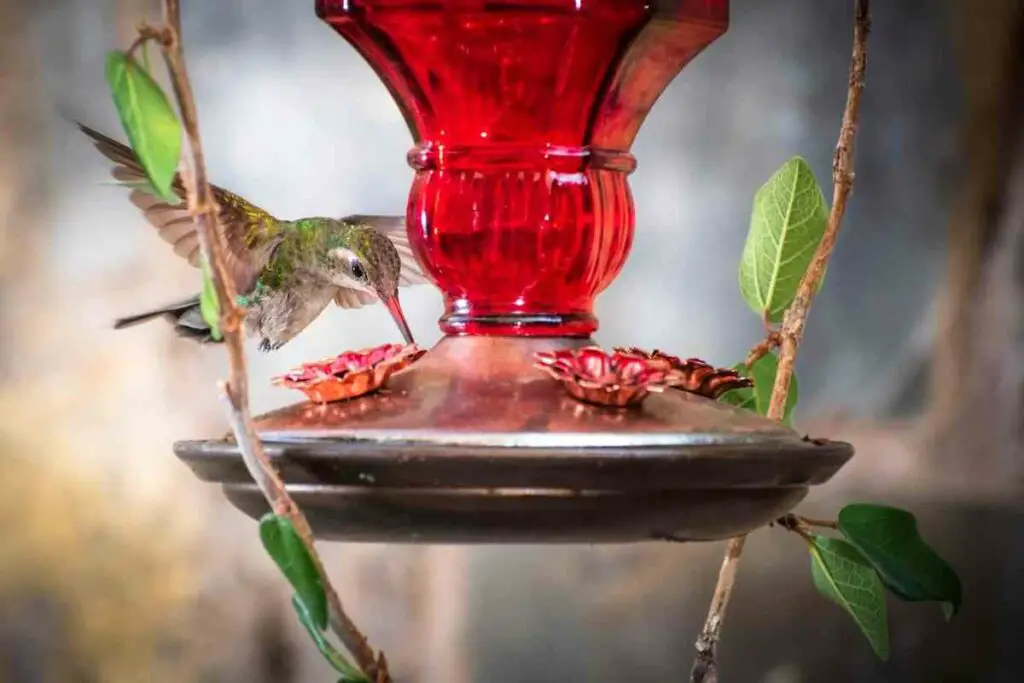
Hummingbirds drink a lot of nectar at a time and have tiny bodies.
If you use nectar with a red dye, the birds ingest amounts that can be high even for humans! Since it’s such a large amount, it can be dangerous to the birds.
Plus – You won’t need to use red nectar if you have a red hummingbird feeder. The feeder should attract the birds, even from a great distance.
They’ll still love the fresh nectar, even if it’s not red! You can save money by not adding the red dye too.
Raw Sugar
Raw sugar can contain higher amounts of iron than plain white sugar.
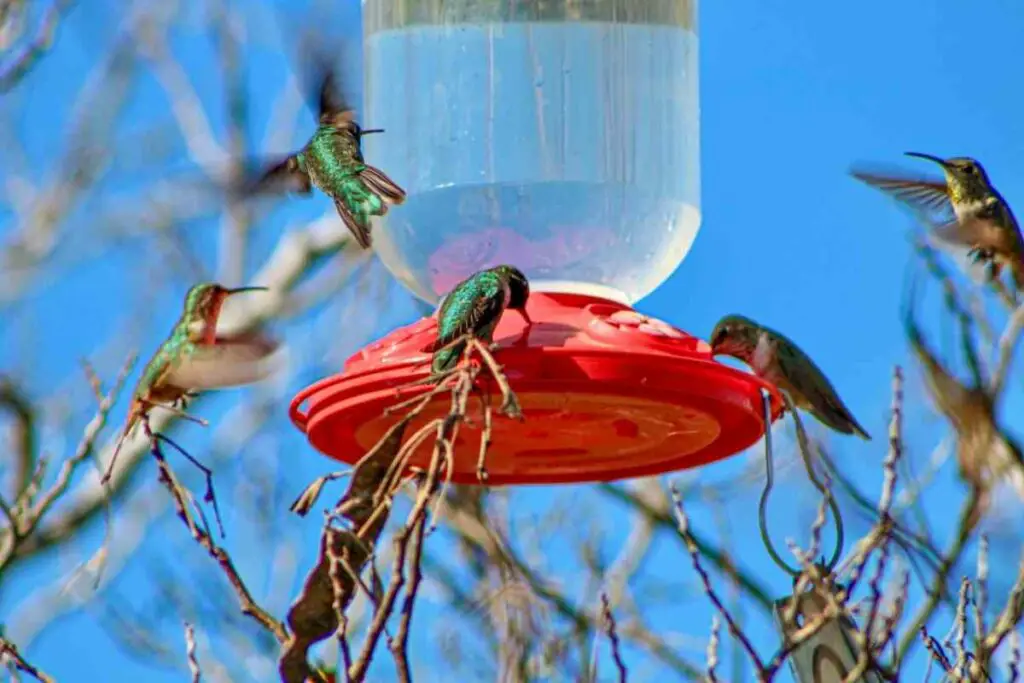
It also retains several other minerals and impurities. Using raw sugar to make hummingbird food can cause the birds to take in too many minerals, leading to poisoning.
While many people think raw sugar is healthier, this isn’t the case for birds!
You should use granulated white sugar, with cane sugar being the best option. Any other sugar can be very harmful.
Brown Sugar
Brown sugar contains molasses, which contains iron levels that are toxic to hummingbirds.
If you use brown sugar in your bird feeder, you’re essentially giving them molasses!
Plus, brown sugar is a lot heavier than can sugar. It makes it harder for the tiny birds to digest it.
Brown sugar also ages quickly, leading to rapid mold growth inside your hummingbird feeder. Mold is very bad for hummingbirds and can be fatal if they eat enough of it.
What Can I Feed Hummingbirds?
There are more foods that you can’t give to hummingbirds than you can.
The best food for these small birds is homemade nectar using plain, white granulated cane sugar and clean water.
Any other ingredients you add to their nectar feeders can be toxic to the birds.
Aside from homemade nectar, you can also begin a hummingbird garden. These gardens contain plenty of flowers that hummingbirds enjoy eating from.
In Case You Missed It
- How to Tell a Dunnock from a Sparrow: Simple Tips for Birdwatchers
- Difference Between Male and Female Dunnocks?
- What Does a Dunnock Look Like?
- How to Keep Mosquitoes Away From Your Patio: Tips and Tricks
- Can Coyotes Climb Trees? Exploring Their Climbing Abilities
- How to Control White Aphids: Effective Tips for Getting Rid of Them





